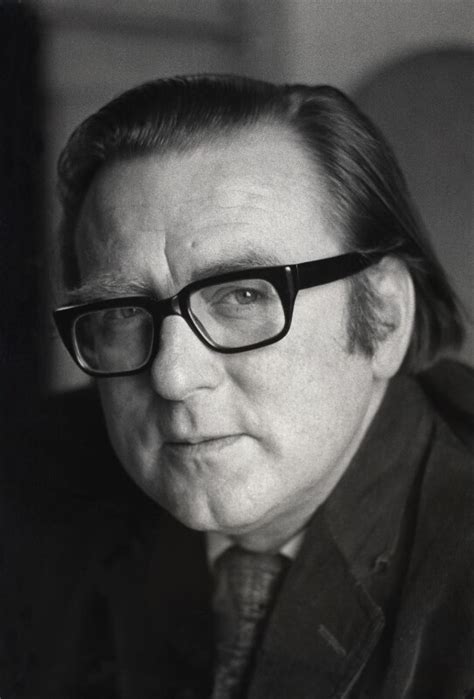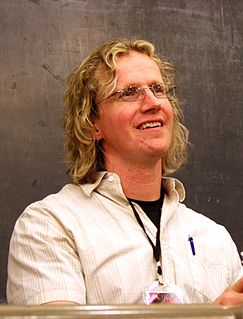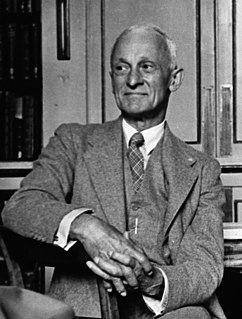A Quote by George MacDonald
A man is in bondage to whatever he cannot part with that is less than
himself.
Related Quotes
In philosophical anthropology, ... where the subject is man in his wholeness, the investigator cannot content himself, as in anthropology as an individual science, with considering man as another part of nature and with ignoring the fact that he, the investigator, is himself a man and experiences this humanity in his inner experience in a way that he simply cannot experience any part of nature.
There is no deception on the part of the woman, where a man bewilders himself: if he deludes his own wits, I can certainly acquit the women. Whatever man allows his mind to dwell upon the imprint his imagination has foolishly taken of women, is fanning the flames within himself -- and, since the woman knows nothing about it, she is not to blame. For if a man incites himself to drown, and will not restrain himself, it is not the water's fault.
Humility is the safeguard of chastity. In the matter of purity, there is no greater danger than not fearing the danger. For my part, when I find a man secure of himself and without fear, I give him up for lost. I am less alarmed for one who is tempted and who resists by avoiding the occasions, than for one who is not tempted and is not careful to avoid occasions. When a person puts himself in an occasion, saying, I shall not fall, it is an almost infallible sign that he will fall, and with great injury to his soul.
LAUGHTER is the very essence of religion. Seriousness is never religious, cannot be religious. Seriousness is of the ego, part of the very disease. Laughter is egolessness. Yes, there is a difference between when you laugh and when a religious man laughs. The difference is that you laugh always about others - the religious man laughs at himself, or at the whole ridiculousness of man's being. Religion cannot be anything other than a celebration of life.




































